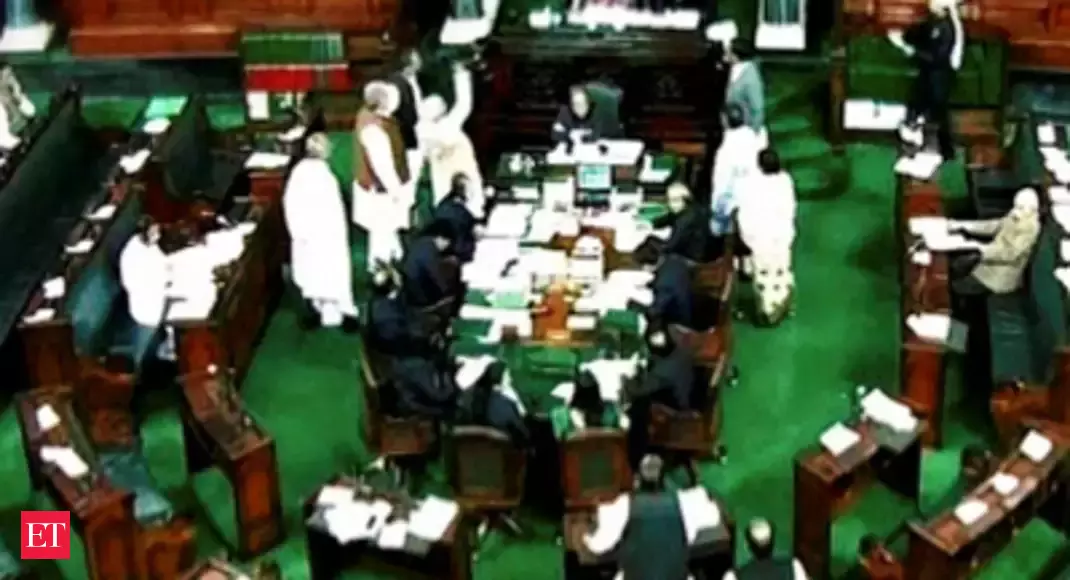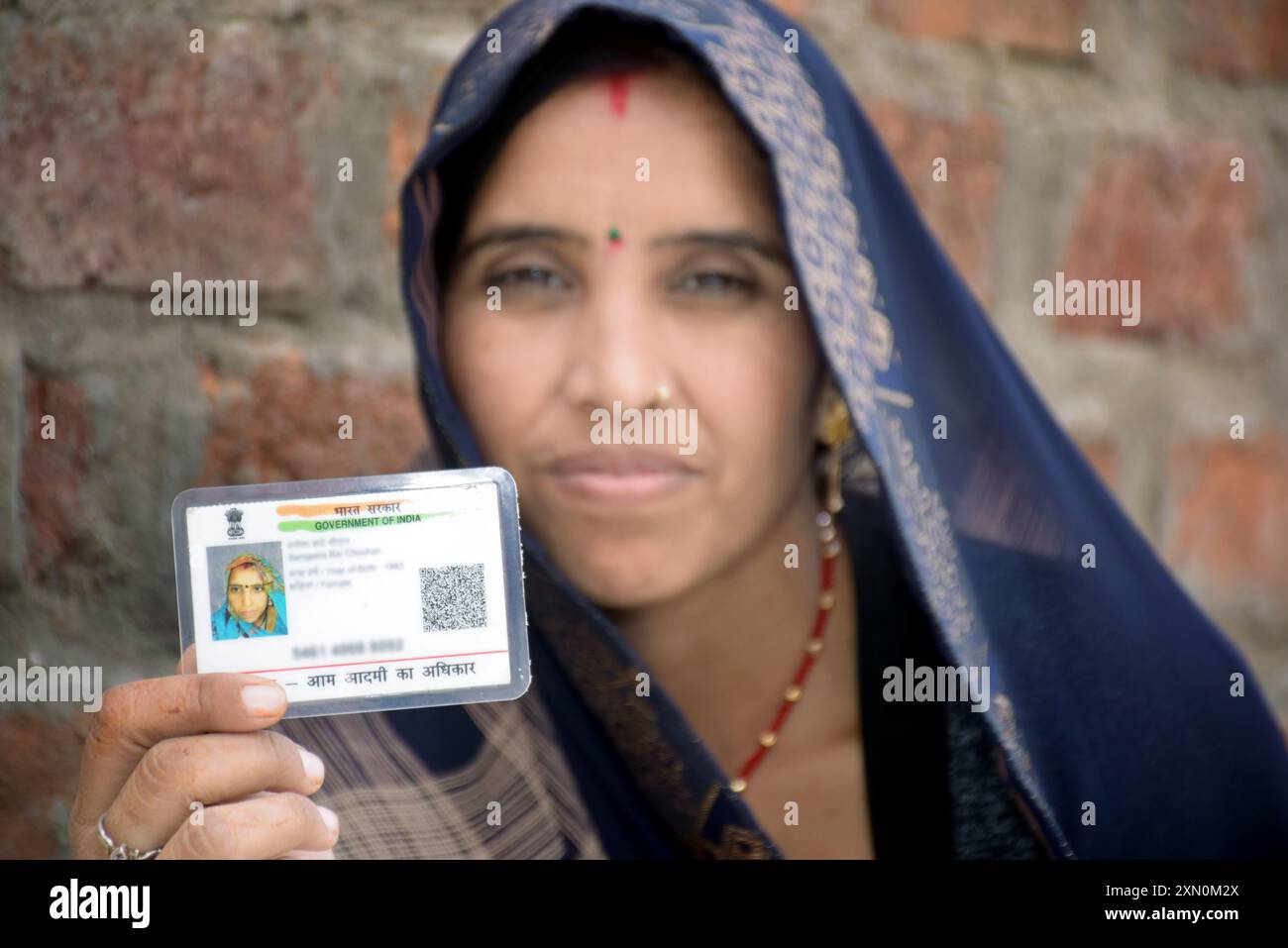


During the ongoing Parliament Winter Session, Congress MP Karti Chidambaram highlights issues with the Banking Laws (Amendment) Bill, 2024, specifically the harassment faced by individuals due to repeated KYC updates and lack of transparency in the process. He also questions the reliability of CIBIL scores and the absence of a proper redressal mechanism, highlighting the financial difficulties faced by a significant portion of the population.
CIBIL Score Concerns and Banking Laws (Amendment) Bill
The Credit Information Bureau of India Limited (CIBIL) is an independent credit bureau that maintains credit information on individuals and companies in India. CIBIL scores are used by banks and other financial institutions to assess the creditworthiness of potential borrowers. However, concerns have been raised about the reliability of CIBIL scores and the lack of transparency in the process of updating them.
Current Issues with CIBIL Scores
As highlighted by Congress MP Karti Chidambaram during the ongoing Parliament Winter Session, individuals face harassment due to repeated KYC (Know Your Customer) updates. The lack of transparency in the process of updating CIBIL scores has also been questioned. Additionally, concerns have been raised about the accuracy of CIBIL scores, which can negatively impact credit access and financial stability.
Banking Laws (Amendment) Bill, 2024
The Banking Laws (Amendment) Bill, 2024 seeks to amend the Banking Regulation Act, 1949, to address various issues in the banking sector. One of the key provisions of the bill is to enhance the powers of the Reserve Bank of India (RBI) to regulate credit information companies (CICs) like CIBIL.
Proposed Changes in the Bill
The bill proposes to establish a framework for the regulation of CICs by the RBI. This includes provisions for licensing, registration, and supervision of CICs. The bill also aims to strengthen the grievance redressal mechanism for individuals who have issues or disputes with their CIBIL scores.
Implications of the Amendment Bill
If the Banking Laws (Amendment) Bill, 2024 is passed, it could have several implications for CIBIL and the credit information industry. The bill may lead to:
Top 5 FAQs and Answers
1. What is the Banking Laws (Amendment) Bill, 2024?
The bill seeks to amend the Banking Regulation Act, 1949, to enhance the powers of the RBI to regulate CICs, including CIBIL.
2. Why are concerns being raised about CIBIL scores?
Concerns have been raised about the reliability of CIBIL scores, the lack of transparency in the process of updating them, and the harassment faced by individuals due to repeated KYC updates.
3. How will the amendment bill address these concerns?
The bill proposes to establish a framework for the regulation of CICs by the RBI and enhance the grievance redressal mechanism for individuals with disputes related to their CIBIL scores.
4. What are the potential implications of the bill?
The bill could lead to improved regulation of CICs, increased protection for individuals, and greater transparency in the credit information industry.
5. What is the current status of the bill?
The Banking Laws (Amendment) Bill, 2024 is currently being debated in the Parliament and has not yet been passed into law.

Ranjana Sonawane, the first recipient of India's Aadhar card, still lacks access to government schemes 13 years later. Despite being eligible for the Chief Minister Majhi Ladki Behen Yojana, Ranjana has not received any money due to an issue with her Aadhar being linked to someone else's bank account. This case brings to light the flaws in the implementation of government schemes in rural and tribal areas, where women like Ranjana often have their funds misdirected or lack necessary information.

The Indian National Congress (INC) has announced its plans to launch a month-and-a-half-long campaign in Jammu and Kashmir on April 22. The purpose of the campaign is to demand the restoration of statehood and to further the “Save the Constitution” movement. With the recent appointment of Syed Naseer Hussain as the new J&K in-charge, the party hopes to regain its lost support in the Union Territory. This campaign comes at a crucial time, as former supporters of the Congress leader Ghulam Nabi Azad have recently dissolved their party, raising questions about their political future. The Congress hopes to use this opportunity to highlight the BJP's failures in empowering elected governments and its betrayal over statehood.

Thousands of citizens in Pune are rallying together through an online petition to demand the protection of their city's hills and hill slopes from any construction. The petition is addressed to the former Pune Municipal Commissioner and Chairman of the state-appointed Committee on Bio-Diversity Park and Hill Top Hill Slopes. The citizens are concerned that the committee's review may result in allowing construction on the hills, while strict measures have already been mandated by the government to prevent it. The citizens stress the importance of preserving these natural areas for the city's ecological balance and urge the government to uphold its promise to future generations.

After the devastating terror attack in Pahalgam, Jammu and Kashmir, India has suspended the 1960 Indus Waters Treaty with Pakistan. This decision was made during a key meeting chaired by Union Home Minister Amit Shah, with discussions on potential actions being taken against Pakistan. As tensions between the two countries continue to escalate, Indian leaders have condemned Pakistan for their involvement in the attack and have vowed to take strong measures in response.

The Indian Army made its first major move since the Pahalgam terror attack on April 22, as they killed top Lashkar-e-Taiba (LeT) commander Altaf Lalli in an encounter in Jammu and Kashmir's Bandipora district. The security forces are on the hunt for the terrorists responsible for the brutal killing of 26 civilians and have launched a massive anti-terror operation. In other developments, Indian Army Chief General Upendra Dwivedi visited Srinagar for a security review meeting and the authorities demolished the houses of two suspected terrorists involved in the Pahalgam attack.

In a hearing at the Supreme Court, the bench rebuked Congress leader Rahul Gandhi for his "irresponsible" comments about freedom fighter Vinayak Damodar Savarkar. The judges highlighted the need to show respect for India's freedom fighters and questioned whether Gandhi was aware of his grandmother and Mahatma Gandhi praising Savarkar. The court also stayed an Allahabad High Court order that refused to dismiss a lower court's summons against Gandhi over his alleged remarks about Savarkar.

The Supreme Court has stepped in to warn Congress MP Rahul Gandhi over his comments about India's independence activist Veer Savarkar, staying a trial court's summons to the politician. The top court emphasized that Savarkar is a highly respected figure in Maharashtra and stated that no one would be allowed to make derogatory remarks about freedom fighters. The court also pointed out that Gandhi's family has had a history of praising Savarkar and Gandhi himself has been warned that the court will take suo motu cognizance of any such remarks. Additionally, the article also mentions an attack in Jammu and Kashmir that has led to heightened tensions between India and Pakistan.

In a successful operation by the security forces, a Lashkar-e-Taliba (LeT) terrorist associate, identified as Altaf Lalli, was killed in an ongoing encounter in the Bandipora district of Jammu and Kashmir. The encounter began after the security forces received intelligence about the presence of terrorists in the area. Two security personnel have also been injured in the exchange of fire and are currently undergoing treatment at a nearby hospital. The clash highlights the continued efforts of the security forces to combat terrorism in the region.

The Telangana-Chhattisgarh border is a hotbed of tension as security forces step up their efforts to root out Maoist activity from the region. Top Maoist leader Hidma is the target of current high-security operations, with forces strategically advancing through previously inaccessible areas. With mounting pressure, sources indicate that the hold of the Maoists in the region is gradually weakening, making for a tense and critical situation.

As the nation grapples with the aftermath of a terror attack in Pahalgam, security forces are undertaking a massive operation in the dense Karregutta hills forest to eliminate the heart of Naxal command. This operation, involving 7,000 personnel and cutting-edge technology, aims to strike a blow at Naxalism by targeting top leaders of the PLGA Battalion No. 1. This bold move by the CRPF, with the Director General personally overseeing the operation, marks a turning point in the fight against Maoist insurgency. With five Naxals already killed and more likely to come, the operation is being hailed as a decisive victory and could potentially spell the end of Naxalism in India.